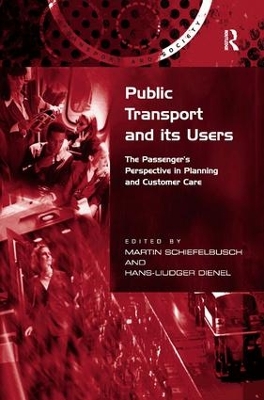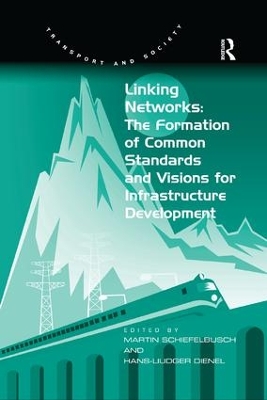Transport and Society
2 total works
Public transport is essential to the quality of life of its passengers, both as a means to move around but also to achieve a sustainable environment. However, the passenger's position as a customer is weakened by the dominance of monopolies, regulation and political influence in our public transport systems. This book is one of the first to examine strategies for the representation of user interests in public transport from a variety of perspectives. The authors review approaches to integrating the passengers' views in the planning process and to protecting their interests in operations and customer care across a range of European countries, including Austria, Czech Republic, France, Germany, Italy, the Netherlands, Sweden, Switzerland, the UK and EU policies. The book presents the conclusions of this research and examples of good practice. In this respect it will provide useful guidance for policy makers, stakeholder organizations and planners, as well as transport researchers.
Linking Networks: The Formation of Common Standards and Visions for Infrastructure Development
by Hans-Liudger Dienel
Published 1 January 2014
Presenting recent research on the international integration of infrastructures in Europe, this book combines general and methodological chapters and examples from different a variety of sectors such as transport, electricity and communication networks. Particular focus is on the contrast between the 'Europe of nation states' of the nineteenth century (up to 1914) and the emerging 'integrated Europe' after World War II. Additional contributions provide perspectives from beyond Europe. The wide range of topics gives a good overview of the different challenges posed and the strategies employed in each sector to establish internationally compatible networks, procedures and standards. This work strengthens comparative research as a complement to the detailed analysis of singular cases that often characterises previous works in this field. Methodologically, it therefore contributes to the progress of tools and strategies for comparative historical research. Part of the emerging research area dealing with the mechanisms of international collaboration, this book brings together recent research from European integration history, policy studies, political economy and cultural studies. Considering the growing intensity of international collaboration and exchange in many parts of social and economic life, it is also of topical interest.

